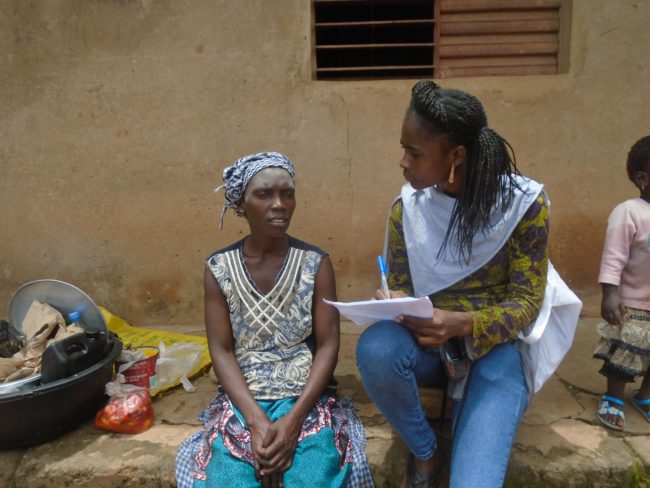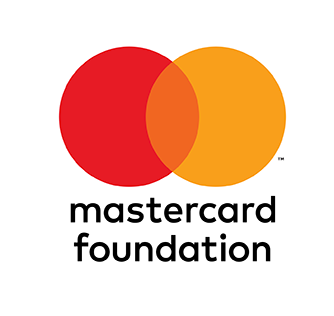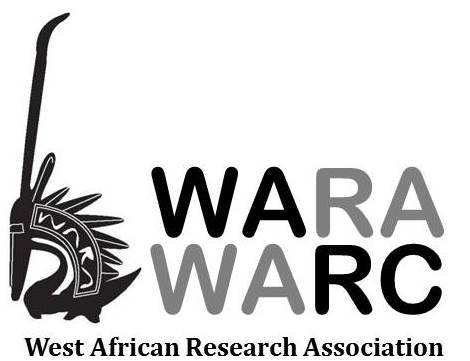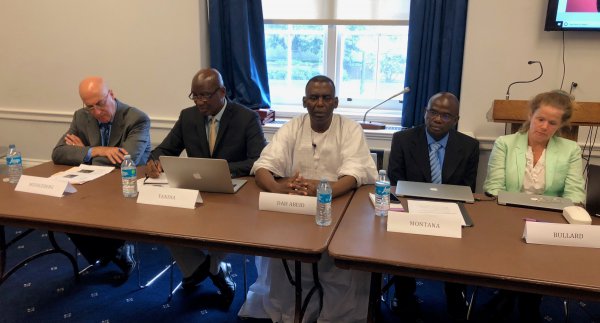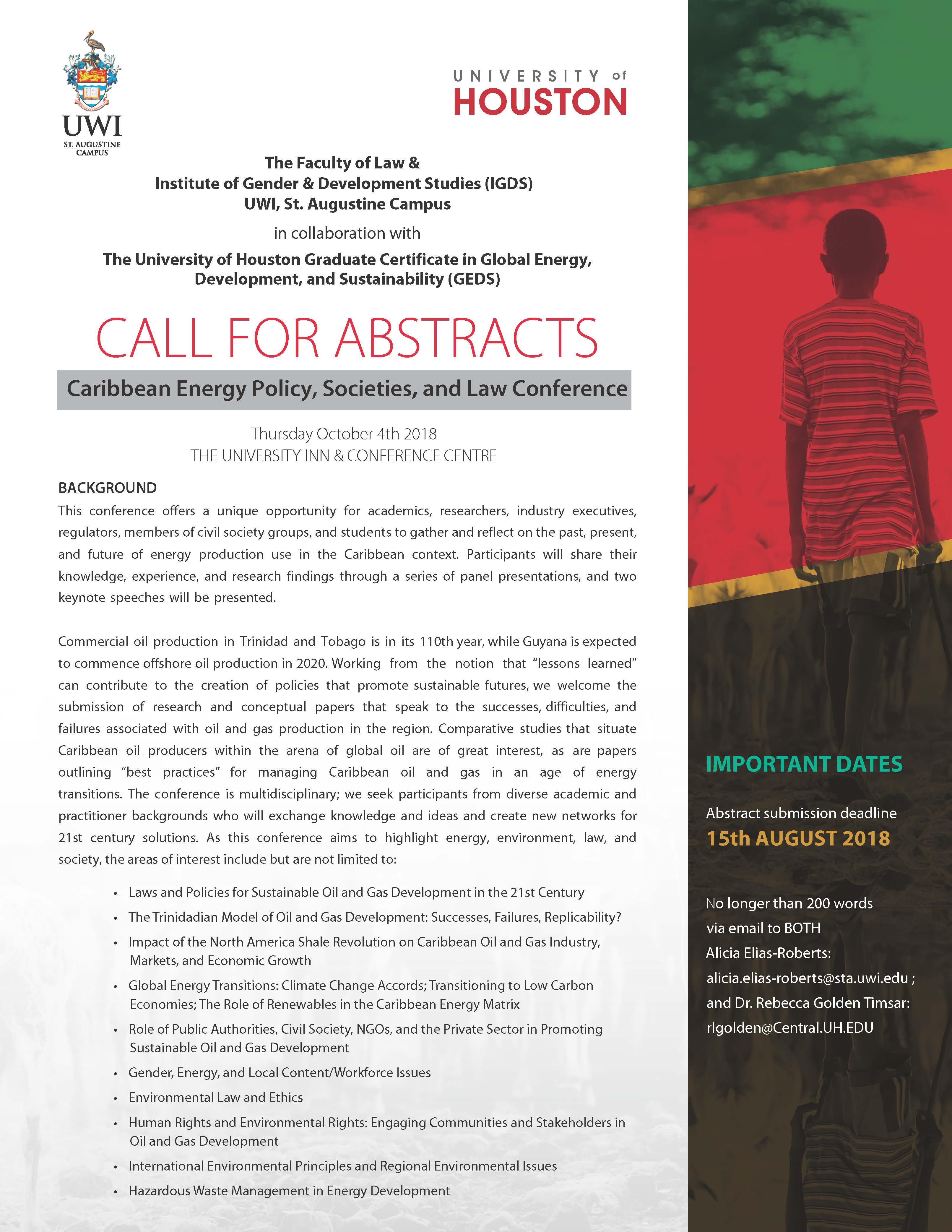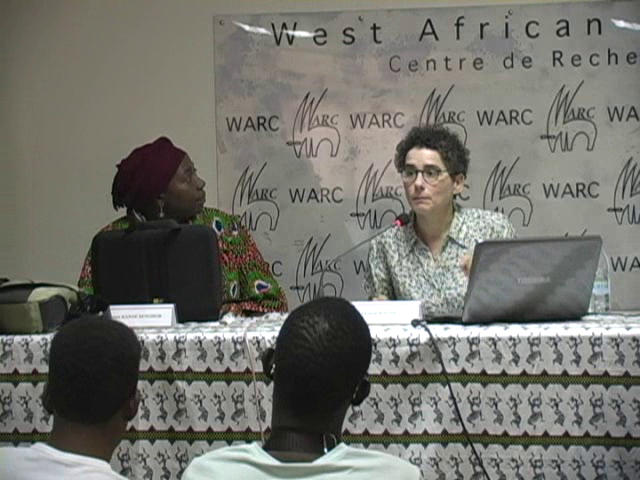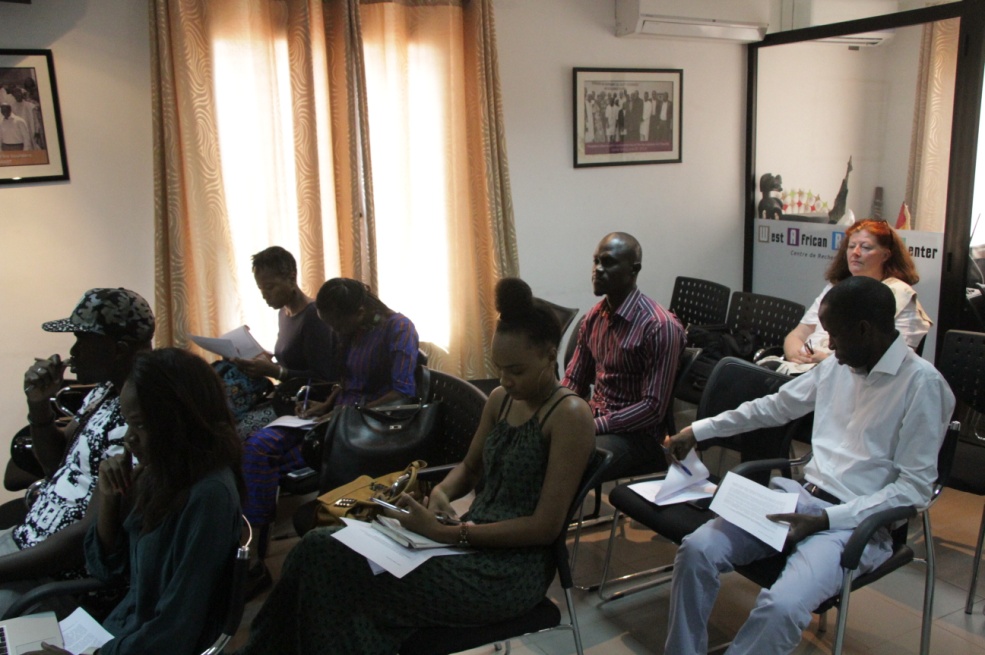Join us in congratulating the Spring 2018 WARC Travel Grant Awardees! We are very excited about this round’s grantees seeking to tackle issues throughout West Africa, from clean water to food security, climate change, and disease prevention.
Hougnigbo Bertrand Akokponhoue (Université d’Abomey Calavi, Bénin), “ Utilisation de la Télédétection, des SIG et des méthodes géophysiques pour la recherche de l’eau dans les aquifères discontinus du socle cristallin du Bénin : cas du Département de la Donga (Nord-ouest du Bénin) ”
- This will be a study of the aquifers of the crystalline bedrock in Donga to increase knowledge of the hydrogeological and hydrogeochemistry potential of this region in order to aid in optimizing water pump productivity and thus availability of clean water.
Ivo Kashimana (University of Lagos, Nigeria), “Impacts of Land Use Changes in Lower Black Volta (Ghana) and Lower Benue (Nigeria) River Basins: a climate change mitigation approach for food security”
- This project will investigate the sustainability impacts of land use changes that result from population pressure as regards food security in the Lower Black Volta and Benue River Basins through the integration of climate, hydrology, economic and policy tools.
Dambre Koungbanane (Université Félix Houphouet-Boigny, Côte d’Ivoire), “ Etude du risque d’inondation dans le contexte de changement climatique dans le bassin de l’Oti dans la Région des Savanes au Togo ”
- In light of increased flooding risk and damage in the Savanes Region in northern Togo due to climate change, this project aims to create an early flood warning system. This will first entail a technical diagnosis of those risks in the vulnerable areas, the mapping of those specific zones, studying socioeconomic and environmental impacts of flooding, and researching adaptation strategies of the affected populations.
Marguerite Nikiema (Université Ouaga I Professeur Joseph Ki-Zerbo, Burkina Faso), “Caractérisations phénotypique et génotypique des souches de Salmonella non-Typhiques (SNT) d’origines alimentaire et humaine au Burkina Faso: Contribution au développement de nouveaux vaccins.”
- This will be the third stage of this international study which aims not only to evaluate the antibiotic sensitivity of non-typhi and non-Paratyphi strains of Salmonella found in food throughout Burkina Faso, but also to be able to research which of the highly antigenic bacterial structures that can be used to create a vaccine.
Thank you to everyone who submitted applications for the WARC Travel Grant this winter. Again we received an abundance of excellent proposals and regret that we are unable to fund more of them.
Funding for the WARC Travel Grant Program is provided by the Bureau of Educational and Cultural Affairs of the US Department of State through a grant from the Council of American Overseas Research Centers.

